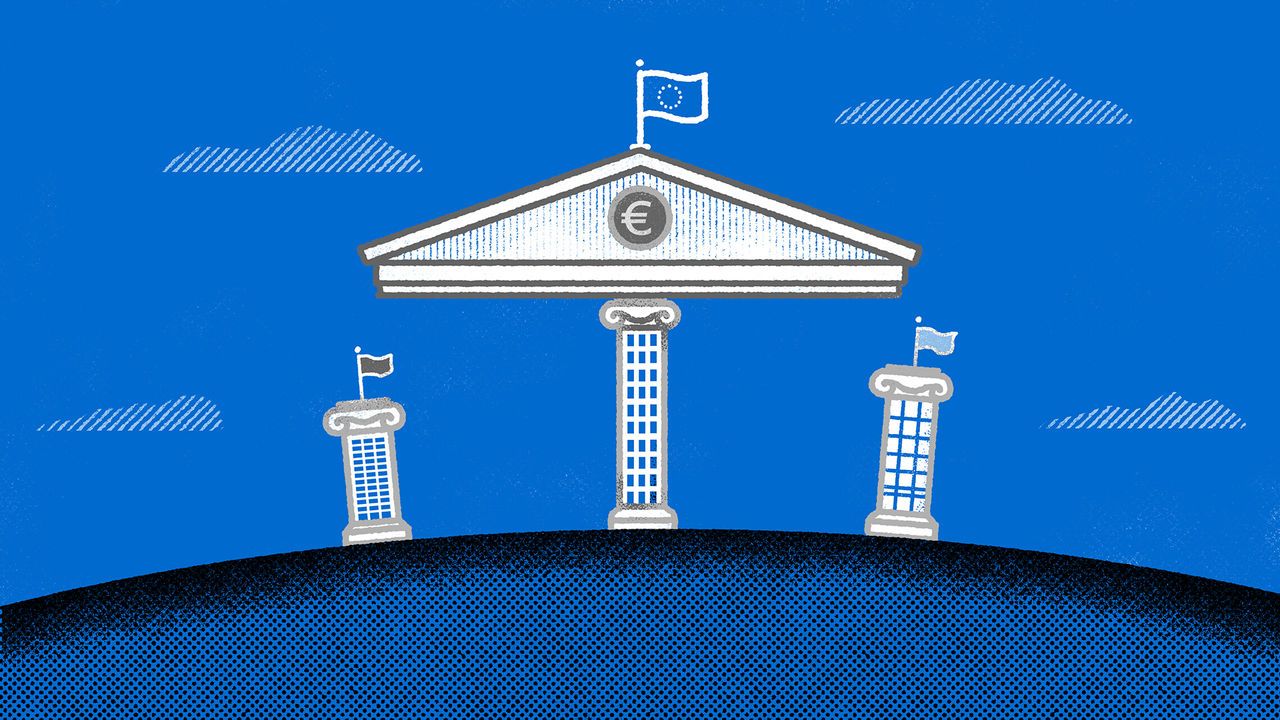How bond investors soured on France
They now regard the euro zone’s second-largest economy as riskier than Spain

When Michel Barnier, France’s new prime minister, submits his budget to parliament on October 10th he will be doing so against a painful market backdrop. A fortnight ago the yield on French ten-year government debt surpassed that of Spain, suggesting that investors see the euro zone’s second-largest economy as riskier than its southern neighbour’s (see chart 1). That is quite the turnaround. In January Spanish yields were around 0.4 percentage points higher than their French equivalents; at the worst of the euro-zone crisis, the gap was nearer five full percentage points. French borrowing costs are now well above the levels of Portugal and closer to those of Greece and Italy than they are to Germany’s.
Explore more
Discover more

Could war in the Gulf push oil to $100 a barrel?
Missiles are flying over a region that supplies a third of the world’s crude

Can Andrea Orcel, Europe’s star banker, create a super-bank?
An interview with the boss of UniCredit

Why economic warfare nearly always misses its target
There is no such thing as a strategic commodity
A tonne of public debt is never made public
New research suggests governments routinely hide their borrowing
Xi Jinping’s belated stimulus has reset the mood in Chinese markets
But can the buying frenzy last?
The house-price supercycle is just getting going
Why property prices could keep rising for years